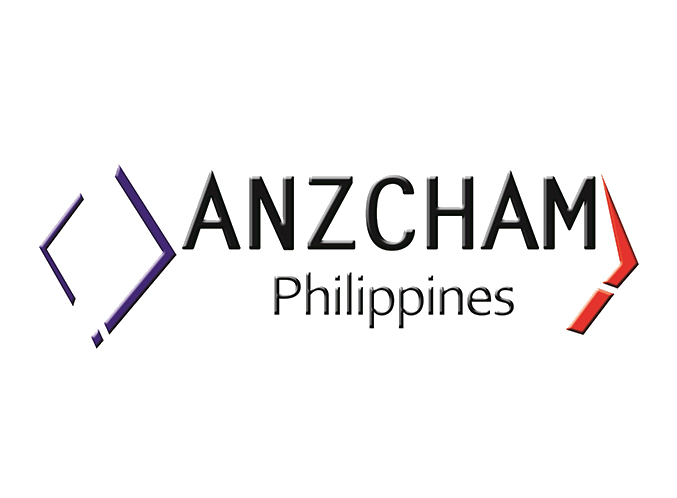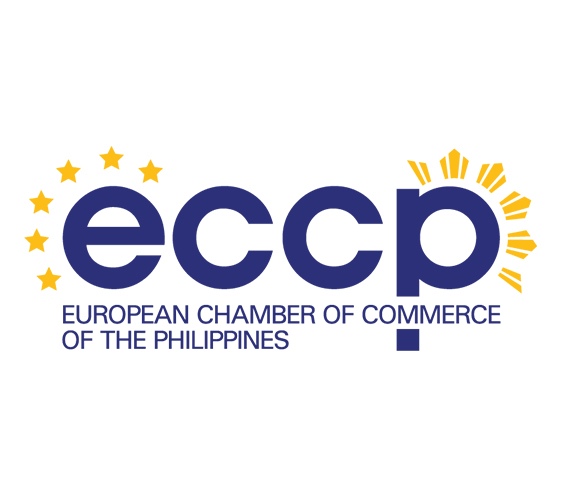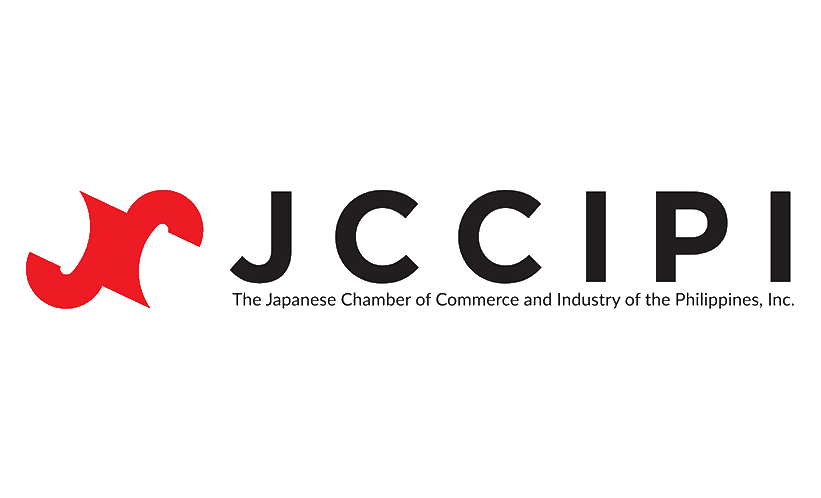Australia businesses seek clarity on tax perks under TRABAHO bill
April 30, 2019 at 08:34
Australia businesses seek clarity on tax perks under TRABAHO bill
LOUELLA DESIDERIO | The Philippine Star | 26 Apr 2019
Australian businesses seek clarity in the planned changes in the tax and incentives regime under the proposed second package of the government’s tax reform that would help attract more firms to locate in the country.
Speaking at the Makati Business Club’s general membership meeting yesterday, Australian Ambassador to the Philippines Steven Robinson said while many Australian businesses have indicated strong interest to set up shop here, the country could even become more attractive to investments if there is clarity on the Tax Reform for Acceleration and Inclusion (TRAIN) 2 or Tax Reform Attracting Better and Higher Quality Opportunities (TRABAHO) bill.
“As you all have been aware, TRAIN 2 is still making its way through and what I heard briefly is, Australian businesses are looking forward to the conclusion of that passage through the House, through Congress. Once they know what that legislation is going to look like, business will be able to make up its mind how it deals with that,” he said.
Approved on third and final reading at the House of Representatives, TRAIN 2 or TRABAHO bill would gradually bring down the corporate income tax rate to 20 percent from 30 percent, and rationalize fiscal incentives enjoyed by investors.
Among the changes to the incentives under the bill is the removal of the five percent gross income earned paid in lieu of all taxes by firms registered with the Philippine Economic Zone Authority after they use up their income tax holidays.
“We just want to see legislation progress, whatever the result is… We just want to see it progress so that companies know what the situation is and they can make their decisions,” Robinson said.
Irrespective of what happens to the bill, he said many Australian companies would still want to establish their presence in the Philippines as they see opportunities amid the growing economy.
A survey of Australia-Association of Southeast Asian Nations Chamber of Commerce released earlier this year showed the Philippines has become the most prominent destination for future investments in the region for Australian firms over the next five years.
This, as the Philippines has remained among the fastest growing economies in the region, expanding by an average of around six to seven percent in recent years.
In addition, the Philippines is undertaking reforms and programs intended to improve its competitiveness and ease of doing business to attract more foreign direct investments.
Given favorable prospects, Robinson said he would encourage more Australian firms to locate in the Philippines.
“I think it is admirable where the Philippine economy is headed and we’d like to be a part of it,” he said.



























